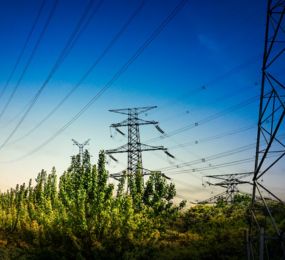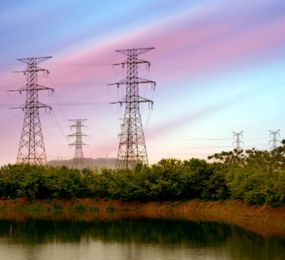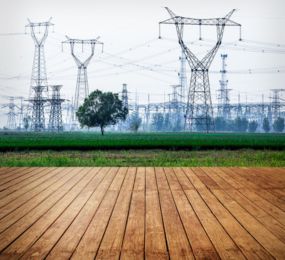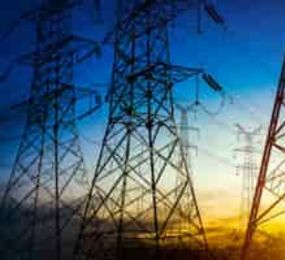Grid resilience is the backbone of a reliable and adaptable energy system, representing the ability of power infrastructures to absorb shocks, recover swiftly, and maintain a stable energy supply in the face of various challenges.
1. Adaptability to Fluctuations:
Resilient grids exhibit adaptability to fluctuations in demand, supply, and external factors. This adaptability ensures that the grid can smoothly respond to changes, maintaining a balance between energy generation and consumption.
2. Cybersecurity and Grid Resilience:
In an era of digitalization, grid resilience incorporates robust cybersecurity measures. Resilient grids are fortified against cyber threats, with secure communication networks, endpoint security, and incident response plans to protect critical infrastructure from potential disruptions.
3. Recovery from Disruptions:
Resilient grids are designed to recover rapidly from disruptions, whether caused by natural disasters, equipment failures, or other unforeseen events. Rapid recovery mechanisms, redundant systems, and effective incident response plans are integral components of grid resilience.
4. Climate Resilience:
As climate patterns become more unpredictable, grid resilience extends to climate adaptation. Resilient grids are equipped to withstand extreme weather events, such as storms, floods, and heatwaves, minimizing downtime and ensuring a continuous power supply.
5. Integration of Renewable Energy:
The integration of renewable energy sources poses both opportunities and challenges. Resilient grids efficiently integrate renewable energy, adapting to the variability and intermittency of sources like solar and wind, thereby contributing to a sustainable energy future.
6. Community-Centric Resilience:
Grid resilience is not solely a technical attribute; it also encompasses community-centric resilience. Resilient grids empower communities to endure and recover from disruptions, ensuring that essential services remain accessible during challenging times.
In the landscape of modern energy, grid resilience emerges as a linchpin for stability and adaptability. As we navigate an era of digitalization, climate uncertainties, and evolving energy demands, prioritizing and enhancing grid resilience becomes imperative for fostering a secure, reliable, and sustainable energy future.
Visit our website to register and secure your spot today! click here: https://bit.ly/3peklYc
For more information and group participation, contact us: [email protected]
















